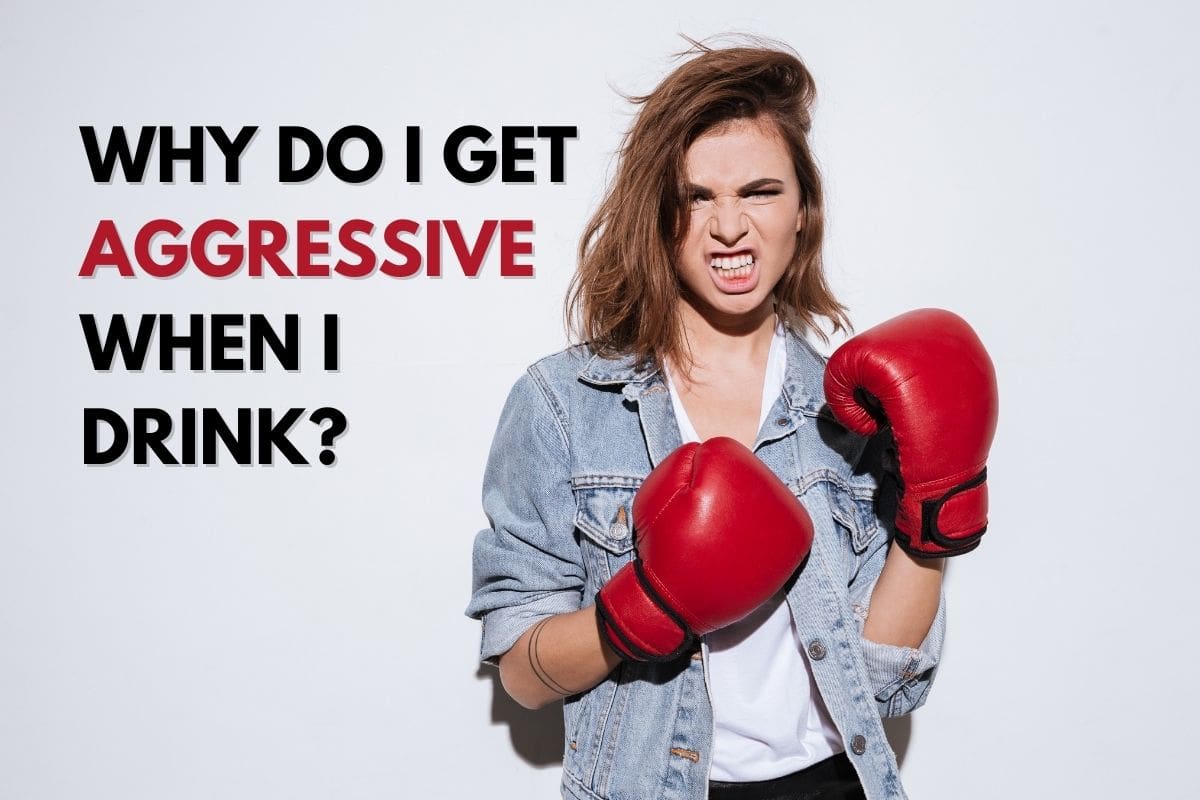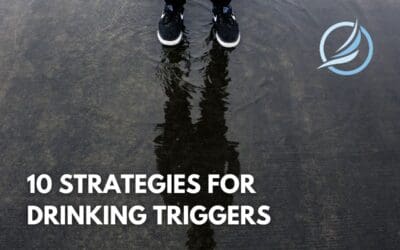Angry drunks—we all know this type. The kind of drinker that always seems to be looking for trouble. All it takes is a few drinks before fights are instigated or hurtful things said over the tiniest misperceived look or gesture. Before our eyes, they transform from a well-adjusted member of society into a full-fledged jerk. Is this “drunk personality” flip an actual phenomenon or is alcohol simply a crutch that makes us feel it’s okay to give in to bad behavior?
The answer: It’s a little bit of both.
Science has shown that there is a strong correlation between alcohol and anger. In addition to our natural proclivities to aggressive behavior, drinking can trigger something in our brains, sometimes causing a complete one-eighty from our normal conduct.
The Relationship Between Alcohol and Anger
Alcohol lowers inhibitions and impairs judgment, rational thinking, and impulse control—all important players in keeping our emotions and reactions in check. It only takes a BAC level of 0.05 (about two drinks) for this cognitive impairment to occur and early stages of alcoholic rage to set in. To make matters worse, American cultural norms have resulted in outlandish behavior being considered acceptable while intoxicated, a sentiment that 74% of participants of an American Medical Association survey agreed with.
So not only does drinking prime us to make bad decisions, but we also have a deep-rooted belief that we have society’s permission to do so. Consider both of those factors paired with alcohol’s ability to make certain individuals more aggressive and you’ve got a recipe for conflict and confrontation that’s likely to end badly.
Alcohol-Related Crimes Statistics
It’s no coincidence that alcohol is a factor in the majority of violent crimes. The U.S. Department of Justice estimates that drinking is involved in about three million incidences of rape, sexual and non-sexual assault, and robberies every year. According to data from the National Institute on Alcohol, alcohol was involved in:
- 86% of homicides
- 74% of domestic abuse cases
- 60% of sexual abuse cases
These violent acts are carried out by both men and women, and victims include both strangers and familiar faces. What makes these statistics particularly startling is the fact that most drinkers consume alcohol to relieve stress, unwind, or celebrate—either enhancing positive feelings or suppressing negative ones—not with the intention of becoming angry or violent.
Factors That Can Cause You To Be An Angry Drunk
Scientists don’t know why alcohol has the opposite of its intended effects, but there are several theories. Some deal with the change our bodies and brains go through when intoxicated, namely the heightened stress response and increased levels of cortisol. Others believe it’s due to one’s natural disposition or emotional state prior to drinking. There have been numerous findings that support both potential causes, each providing clues as to which individuals are more likely to display aggressive behavior while drunk.
Higher Testosterone Levels
This hormone plays a key role in aggression and harbors a direct correlation to aggressive behavior. Testosterone diminishes the performance of the prefrontal cortex which is tied to cognition and impulse control. It also decreases sensitivity to punishment and fear, resulting in individuals being more likely to engage in aggressive behavior and lack the fear of repercussions. An early study conducted in 1972 found that prison inmates charged with violent crimes had some of the highest levels of testosterone amongst their cohort, and those with non-violent crimes had the lowest.
Anger Suppression
We’ve said it once and we’ll say it a million times more: alcohol lowers inhibitions. This can manifest itself in particularly ugly ways if you’re a person with a lot of suppressed anger. A study found that for every 10% increase in drinking amongst these individuals, the likelihood of them committing physical violence increased by 5%. On a similar note, certain individuals are inherently angrier, and rather than experiencing a drunk personality shift, drinking merely enhances their natural disposition.
Impulsiveness
Ohio State University found a clear divide between individuals who are most likely to become a nasty drunk based on this one small trait: a person’s likelihood to be future-thinking or primarily concerned with the present. In their experiment involving nearly 500 young adults, those who were more considerate of future actions while sober were far less likely to become aggressive after alcohol consumption.
Do you have a friend or loved one who routinely gets belligerent when drunk? Experiencing such drastic shifts in mood and behavior can not only cause harm to themselves and others but also be indicative of a greater overarching problem. Learn more about risky alcohol behavior and what to do about it.

































